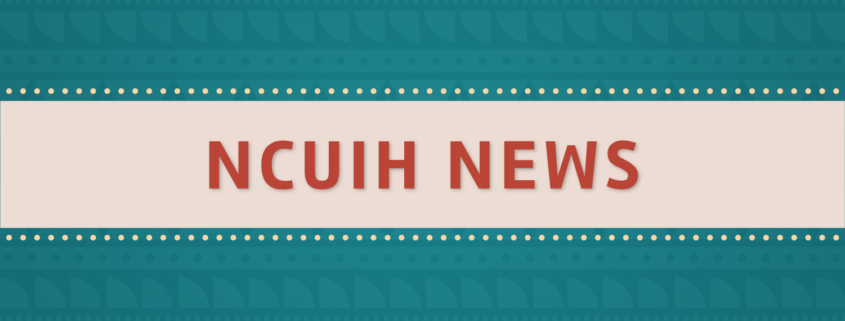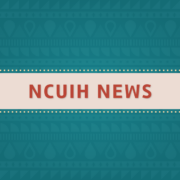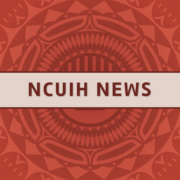NCUIH and NCAID Announce Strategic Partnership to Address Unmet Needs of Indian Country Disability Population
FOR IMMEDIATE RELEASE
Contact: Aleksandra Modrow
Policy, Communication and Outreach
National Council of Urban Indian Health
202-544-0344
amodrow@ncuih.org
On Friday, November 18, 2016, the National Council of Urban Indian Health (NCUIH) and the National Center for American Indians with Disabilities (NCAID) signed a memorandum of understanding, which begins a new strategic partnership to address the unmet needs of the American Indians and Alaska Native (AI/AN) population living with physical, intellectual, and developmental disabilities.
This new partnership is a natural progression, as both organizations are focused on the AI/AN issues at the national level. NCUIH is the only national nonprofit organization devoted to the support and development of quality, accessible, and culturally-competent health services for American Indians and Alaska Natives living in urban settings. Similarly, NCAID is the only national nonprofit organization that advocates and draws resources for all life-span issues faced by AI/ANs with disabilities. This partnership will work collaboratively toprovide AI/ANs living with disabilities resourcesand/oreducation, expand culturally-relevant services, and increase their voice and visibility.
“We should do all we can to help the AI/AN people with disabilities to live independently regardless of their location”, said Alejandro Bermudez-del-Villar, NCUIH Interim Executive Director
NCAID Executive Director Cinda Hughes adds, “We look forward to this partnership increasing the access of AI/ANs living with disabilities to services, programs, and initiatives that foster self-sufficiency and independence”.
The National Council of Urban Indian Health (NCUIH) is a National 501(c) (3) organization devoted to the support and development of quality, accessible, and culturally-competent health services for American Indians and Alaska Natives living in urban settings. For more information about the Urban Indian population and the Urban Indian Health Organizations (UIHO) that serve them, please visit www.ncuih.org.









Leave a Reply
Want to join the discussion?Feel free to contribute!